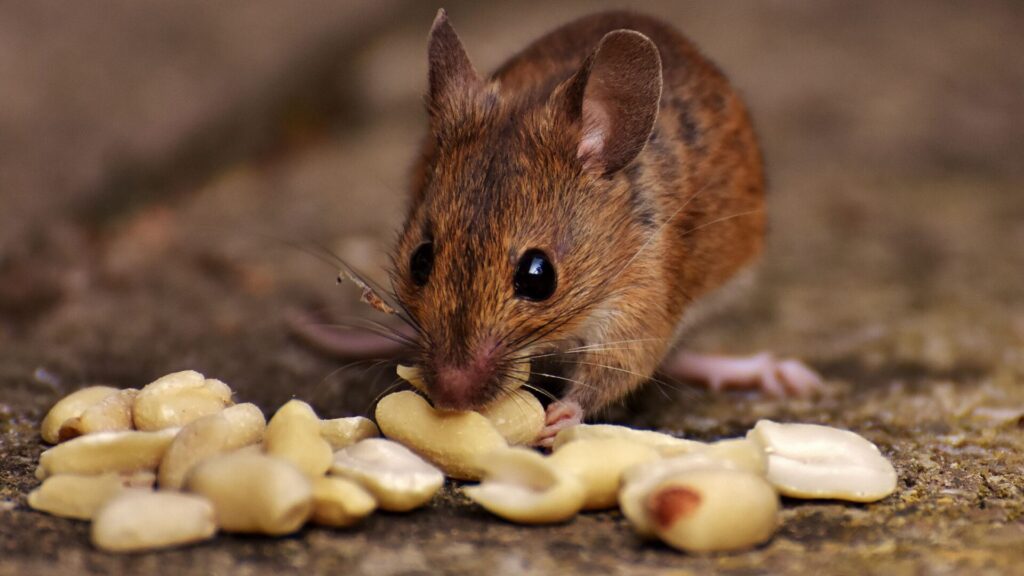Hello, this is Jo from the Wild Bunch. When you are a mouse caught in my home, you get spacious and warm temporary accommodation, a flapjack and a bed made of a sock and toilet paper tube, but I’m aware not all rodents are treated with such kindness. But shouldn’t they be? After all, they are just wildlife, trying to survive in a world where human activity takes over pretty much everything. In my view, we are the intelligent species, so should show kindness to anything that lives. But even if you don’t share the same view as me, and the thought of mice or rats near your home fills you with dread, please remember that poison is never the answer. Bait with poison is not only extremely cruel to the rodent itself, taking a few days to slowly kill its victim. It’s also very likely to end up higher up the food chain, killing a larger animal that ingests the poisoned rat or mouse. Wildlife rescues regularly see larger mammals and birds that have been affected by rat poison, and trust me it’s not a pretty sight.
Controlling rat and mouse populations should be left to the professionals, such as the many owls, buzzards and kites we have living around our town. Closer to home, prevention is the key to keeping rodents away. Sweep your kitchen regularly and if possible, keep any food in those cupboards higher up. Your compost and bird feeders are better placed further away from the house. Plug any potential entry holes such as those housing plumbing outputs with cotton wool soaked in peppermint oil. Mice hate the smell! They also dislike aluminium foil so if you need to leave any food out wrap in in silver foil, which is better for the environment than cling film anyway.

The mouse recently caught in our house was so tiny that its weight didn’t trigger the locking mechanism of the humane trap we set up for it. A diet of nuts, cookies and flapjacks over a couple of nights fixed the problem and we eventually caught it. The little intruder was identified as a wood mouse based on its white belly, darker tail and huge ears, meaning that unlike its cousin, the house mouse, it was less likely to invite his friends and family over. I let it sleep off its big dinner and released it in a woodland location two or so miles away. I made sure there was plenty of shelter and left a little more food as a parting gift. It must have liked its new home as it never came back.
I think that as a society, we need to change our perceptions of rats and mice. In the UK, leptospirosis is extremely rare. Public Health England reports that there are around 50 to 80 cases of leptospirosis in England and Wales each year, and even in those cases, rats aren’t always the cause. That is about one case per million people, per year. Other diseases that may be carried by rats are even more rare in the UK, especially in the countryside. Domestic cats are more likely to make you unwell if not wormed regularly as they carry many parasites that can be transmitted to humans. So why not relax a bit about mice and rats, keep our homes tidy, wash our hands regularly and it will all be ok.
Our next Wild Bunch gathering will be at The Dippy on 21st March at 1.30pm. Join FTC Ranger Asia and I for this session, which coincides with Frome Kindness Festival. The focus will be kindness to the planet, wellbeing and nature connection. A demo on how to take part in the Community Wildlife Mapping project will be the focus of the second part of the session. There are still plenty of spaces left so why not join us? You can register here: https://www.tickettailor.com/events/frometowncouncil/1106977

